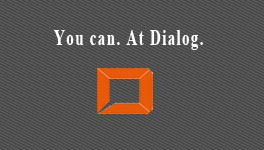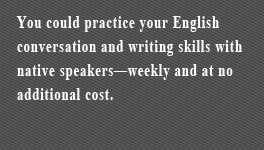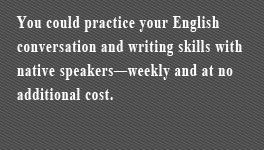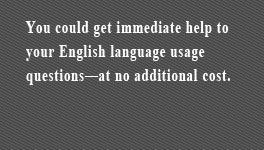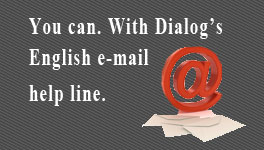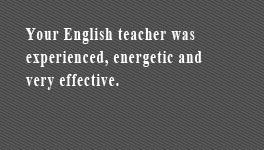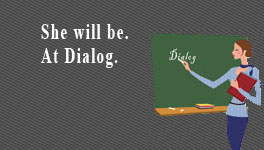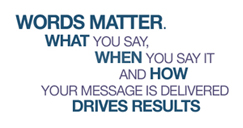The CV might be dead. But what's replacing it? - The boss's view
The Telegraph June 4, 2014

The traditional CV and cover letter are dying out, especially in creative industries. Boss Joesphine Fairley considers what's replacing them - and spills the beans on what employers really want

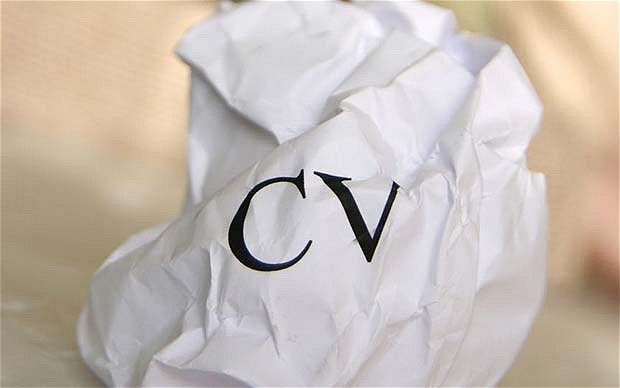
According to New York Magazine, the traditional CV and its often-so-dull covering letter ought to be declared dead. And let me tell you: I'll be sending flowers to the funeral, because most resumés which cross my desk, certainly, tend to be worthy of immediate cremation.
In my experience - much of it, granted, in the creative world - traditional resumés are less-than-helpful for a potential employer: bland, standardised and full of clichés (let's face it, everyone's going to be 'enthusiastic' or 'helpful' on Day One, but how's it going to pan out over the longer term...?)

It's extremely hard to sort fact from fiction, and the assumption has to be that everyone's bigged themselves up to a certain degree. (Well, maybe not the actual degree. Although I do point out that only very rarely will someone actually be asked what class of degree they were awarded, unless they're ex-Oxbridge, the mention of whose hallowed cloisters seems still to make people sit up and take extra notice. Not that I want to disincentivise anyone currently working on their thesis, but this is a simple, if rather unfair, fact of working life.)
The very best job applications I've come across certainly didn't fit the usual three page of close-typed white paper blueprint we've come to expect. There was the mocked-up magazine cover sent by a very ambitious 17 year-old would-be writer, with her photo on it, and the cover line: 'What this magazine needs is Doretta'. I actually created a junior role for her (ah, those were the days...)
Someone else delivered scroll, tied up with one of the most beautiful ribbons I'd ever seen; maybe not the best approach if you're after a desk job in a bank, but it could work in media circles. When my grown-up stepdaughter asked me to work on a CV for her recently, I took the qualities she'd listed and created a 'wordcloud' which also featured her name, for the covering letter, to help it stand out in the pile.
Interestingly, the new thinking in the States is that the 'resumé-and-cover-letter-bundle' (as they put it) also biases our thinking. People may still make (shameful) assumptions based on name (which can be a clue to ethnicity), university (my point about Oxford and Cambridge), perhaps even where someone lives: Hoxton says one thing, Toxteth another. Following age discrimination legislation, I've noticed that age rarely appears on a CV any more, which is one potential discriminatory factor out of the way, praise be. But oh, this all assumes we can be bothered to wade through it all in the first place: page after page, pile after pile (instantly discarding those with typos if you're me - which translates as: a surprising number).

And as Frank L. Schmidt, a University of Iowa professor emeritus (and a leading researcher of prospective-employee evaluation methods), notes: "Even when resumés are honest, an emphasis on (resumés) often leads employers to focus on credentials per se - which have extremely low validity for predicting future job performance." And that's the nub of it: the traditional, old-fashioned list of every exam you've taken, every workplace you've ever made tea at, just doesn't convey someone's roll-up-the-sleeve-ness, or the good humour that makes them pleasant to share an office with, their knack for problem-solving or their ability to come up with snappy marketing straplines.
So: personality tests, IQ tests, 'vocational interest measures' and 'integrity tests' are already deployed, in some firms - and an increasingly data-focused world, will surely become more popular. And my hunch is that in future, we'll be screening more and more candidates on the basis of an online pre-interview test, rather than CVs.
If you know what you are looking for in an employee, it's perfectly possible for a web person to formulate a psychologicallly-profiled questionnaire which sorts the wheat from the chaff, in terms of what the job demands.
This whittles it down to a handful of potential candidates, completely eliminates the risk of unwitting prejudices, and puts everyone on a level playing field in that respect - while also avoiding a lot of sifting through paper for employers.
There's another trend, in these changing work-times, which the New York article flags up: having someone fulfil an actual assignment - a writing task, an editing task, a design task. And like interning, it's just something else that people trying to get on - or up - the career ladder are going to have to factor in. And for an employer, it's got to be much, much more helpful than knowing how many AS-Levels someone notched up eight years ago
So the traditional CV? Going the way of the ra-ra skirt. And I'm not mourning either of them.
 +7 (495) 969-87-46
+7 (495) 969-87-46













